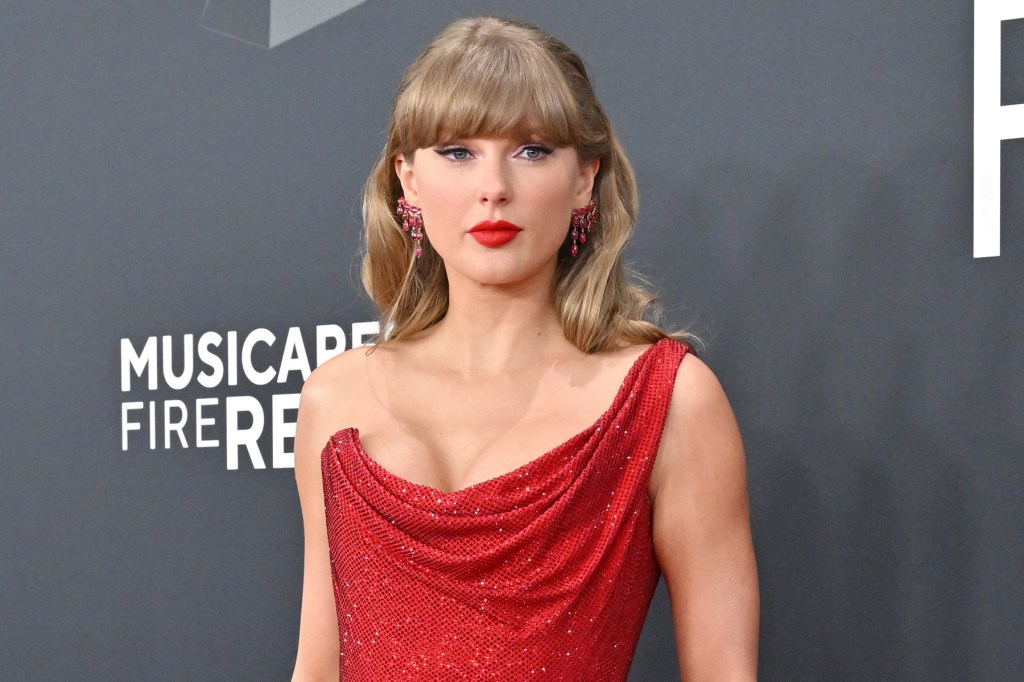In recent news surrounding the ongoing legal battle between Blake Lively and Justin Baldoni, a significant twist has emerged regarding the potential involvement of pop superstar Taylor Swift. The discord stems from allegations made by Lively, who claims she faced sexual harassment from Baldoni on the set of the film “It Ends With Us.” As tensions escalate in this high-profile case, the possibility of Swift being deposed became a hot topic, only to take a sudden turn when a judge ruled against Baldoni’s request.
The focal point of this legal drama centers on a September 12 ruling by Judge Lewis J. Liman, who denied Baldoni’s request to depose Swift after the initial discovery deadline. The judge cited Baldoni’s team as lacking the necessary diligence, having only recently reached out to Swift’s camp for scheduling. This decision effectively bars Baldoni from deposing Swift, thereby curtailing expectations of a courtroom showdown involving the beloved singer.
Swift’s involvement was initiated when Baldoni’s team claimed that she had agreed to a deposition but could only participate after October 20 due to prior professional commitments, including the release of her new album, “The Life of a Showgirl,” set to debut on October 3. However, Swift’s attorney, Douglas Baldridge, swiftly refuted those claims, asserting that Swift had not consented to a deposition at all. Instead, Baldridge noted that if required to participate, Swift could accommodate a deposition during the week of October 20, but only under the right circumstances.
Baldoni, the star and director of “It Ends With Us,” has been adamant about Swift’s significance in this case, bolstered by her friendship with Lively. He believes Swift could offer crucial insights related to Lively’s allegations of harassment and a subsequent smear campaign that Baldoni allegedly orchestrated against her after her complaints. To further his case, Baldoni sought access to Swift and Lively’s text messages, a request that was previously granted by the court.
The contentious nature of this legal dispute has drawn attention from both legal experts and the media, particularly the claim that Baldoni intends to leverage Swift’s star power to bolster his position. Swift’s legal team has criticized Baldoni for pulling her into the situation, accusing him of creating “tabloid clickbait” and serving his interests more than the requirements of the case. Baldridge stressed that Swift has had little to no material role in the matter, positioning his client as an unwilling participant in a spectacle designed for media frenzy rather than a legitimate legal inquiry.
Adding to the complexities of the situation is Lively’s legal team, which has echoed the sentiments expressed by Swift’s representatives. They have publicly rebuked Baldoni for his tactics, claiming that his late request for Swift’s deposition was a tactical error and an infringement on Swift’s privacy and professional obligations. Lively’s attorney, Michael Gottlieb, emphasized the improbability of securing a timely deposition with someone of Swift’s stature, pointing out that any such involvement had to be planned well in advance.
As the case unfolds, the nature of Lively’s allegations remains serious, alleging harassment and retaliatory actions from Baldoni during the film’s production. Although Baldoni has denied these allegations and countersued Lively for defamation, the court dismissed his counterclaims, leaving only Lively’s allegations as the sole focus of the upcoming trial, which is slated for March 2026.
With Swift’s absence from the deposition scene confirmed, the legal landscape shifts, leaving Baldoni with a restrictive set of options. His pursuit of Swift as a witness might reflect a desperate attempt to shift the narrative or leverage public sentiment, given Swift’s influence in popular culture. However, the court’s decision to protect Swift from this litigation saga signals a broader understanding of celebrity privacy and the responsibility that comes with involving high-profile figures in legal disputes.
The implications of this case, both legally and culturally, resonate beyond the courtroom. At its core, it illustrates the often complex dynamics between personal relationships and professional challenges as they manifest in legal contexts. Swift’s response to this case—or lack thereof—also demonstrates her team’s strategy to minimize unnecessary involvement while maintaining focus on her art and forthcoming projects.
As we move forward, the evolving narrative of “It Ends With Us” will no doubt capture public interest as it unfolds in the legal arena. The court’s clear stance against Baldoni’s attempts to drag Swift into the proceedings serves as a reminder that even amidst celebrity culture, legal processes must adhere to deadlines and ethical considerations.
In summary, the saga involving Taylor Swift, Blake Lively, and Justin Baldoni continues to evolve amidst layers of legal complexity, celebrity influence, and personal accountability. With Swift no longer a potential witness, the narrative will likely shift back to the core allegations posed by Lively. The coming months promise to be significant as the trial date approaches, with Lively’s assertions against Baldoni taking center stage in a case that explores themes of power, accountability, and the often-blurred lines between personal and professional realms in Hollywood.
Source link









